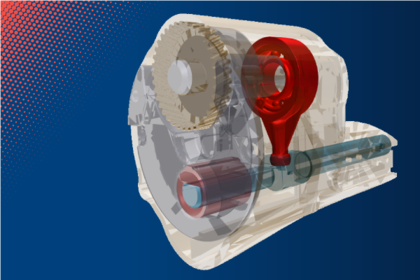Field Service Management - Challenges and Solutions
Published:
2021-10-07
Updated:
2025-03-26
Service is the new sales. Following this maxim, many companies in the machine, plant, vehicle, and equipment manufacturing sector attach great importance to efficient and satisfactory service. Field Service Management (FSM), i.e. the deployment of service staff to install, maintain or repair machines, systems, equipment or vehicles on the customer's site, is a key component of this.

